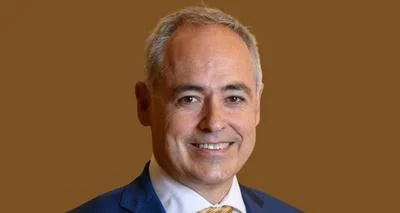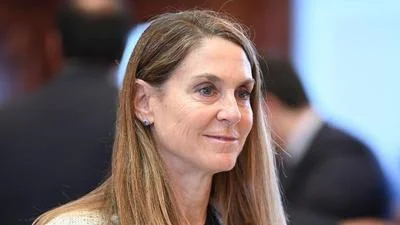Carol Gieske President and CEO of the Elgin Area Chamber | Carol Gieske LinkedIN
Carol Gieske President and CEO of the Elgin Area Chamber | Carol Gieske LinkedIN
Mark Zuckerberg was one of the earliest proponents of remote work, but similar to other policies adopted throughout the pandemic, the Meta CEO admits he may have "misjudged" its value.
In a memo announcing another round of mass layoffs and cost-cutting measures, the Silicon Valley tech founder said engineers who work in person more frequently are more productive than those who work outside the office and encouraged them and other employees to "find more opportunities to work with your colleagues in person."
Zuckerberg, who has admitted to spending between 50 to 60 hours each week working from a Meta office, told employees that "in-person time helps build relationships and gets more done. We’re committed to distributed work. That means we’re also committed to continuously refining our model to make this work as effectively as possible."
While the days of late-night meetings and code hackathons are largely in the company's past when it was a startup, the Meta CEO pointed to findings from an internal analysis that suggests engineers hired for in-person work and then transferred to remote or remained in-person performed better on average than those who joined remotely.
"This analysis also shows that engineers earlier in their career perform better on average when they work in person with teammates at least three days a week," the tech CEO said. "This requires further study, but our hypothesis is that it is still easier to build trust in person and that those relationships help us work more effectively."
Life Balance
Similar to other working parents trying to balance their home and work responsibilities, Zuckerberg — who is expecting his third child with his wife Priscilla Chan later this year — was quick to jump on the remote-work trend and implement it for a majority of Meta's employees in 2020.
He started spending more of his time away from the company's Menlo Park, California, compound and instead working from his homes in Hawaii, Lake Tahoe and elsewhere outside the Bay Area.
"We’ve learned over the past year that good work can get done anywhere, and I’m even more optimistic that remote work at scale is possible," Zuckerberg said in 2021 when the company told most of its employees they would be able to work remotely on an indefinite basis.
However, after miscalculating pandemic-driven demand and with a renewed focus on profitable growth, that indefinite period appears to have met its end.
While the company is still promoting some remote roles, it will soon close about 5,000 open positions that have not yet been filled. Zuckerberg said it also expects to complete its analysis of hybrid and distributed work this summer, a deadline that could also come with a stricter in-office mandate or rollbacks on Meta's flexible-work policy.
"For most of our history, we saw rapid revenue growth year after year and had the resources to invest in many new products," the CEO said, whose own early in-office days were based from his dorm room at Harvard University before dropping out and moving the then-startup to Silicon Valley. "But last year was a humbling wake-up call. At this point, I think we should prepare ourselves for the possibility that this new economic reality will continue for many years."
Original source can be found here






 Alerts Sign-up
Alerts Sign-up